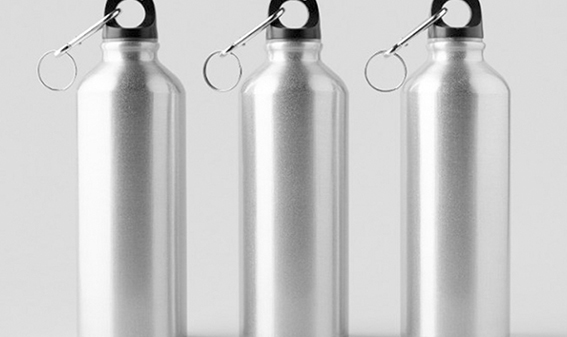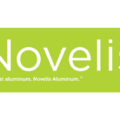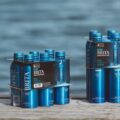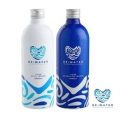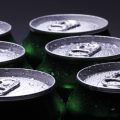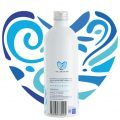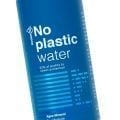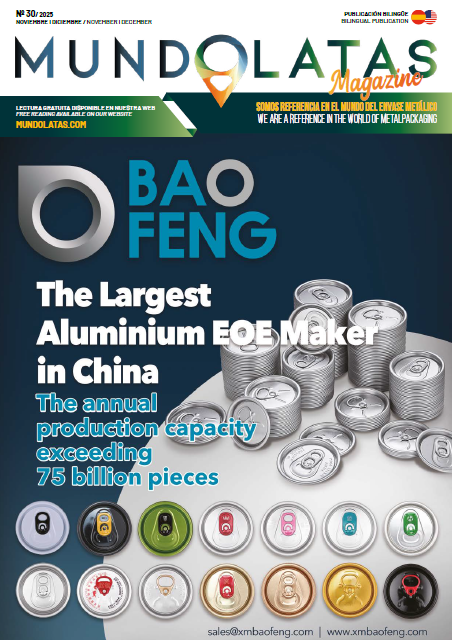In Brazil, squeezes are here to stay. The aluminum water bottle, which means squeeze in English, is gaining more and more followers due to its sustainability. Product unites functionality, convenience and practicality for on-the-go consumption
In this regard, Assunta Napolitano Camilo, director of the Packaging Institute, said that in other countries, the product is used in the water category as a refillable, reusable and recyclable solution.
In the United States, for example, Flowater has installed drinking water refill stations in gyms, schools, hotels and retail stores and offers an aluminum bottle to consumers.
In Brazil, there are initiatives, however, the main focus has been on the aluminum can format provided by brands such as Minalba; Am, from Ambev; Lindoya Summer Speciali; Agua Mamba; Crystal, from Coca-Cola.
“Growing consumer demand for sustainability is contributing to the acceptance of this packaging format in the water category. In addition, it is a way to stay hydrated with functionality, convenience and practicality for on-the-go consumption.”
said Assunta.
The reuse process saves about 95% of electrical energy compared to primary production. The purity of the aluminum also ensures odorless water with no residual taste. The aluminum bottle is the product display itself, eliminating the need for a label and expanding the brand communication area.
Aluminum is a strong, lightweight and extremely durable material. And 100% recyclable. Unlike many other materials, aluminum does not lose its characteristics in the recycling process. This means that it can be continuously recycled without any loss of quality. In addition, only 5% of the energy is needed for recycling: 9 tons of CO2 are avoided per kg in each recycling cycle. The only limitation at present is the availability of waste material.
Due to the long life cycle of aluminum in many applications, the aluminum scrap currently available covers only 40 percent of the world’s demand. This percentage will definitely grow due to, among others, the worldwide renovation of buildings. However, increasing the recycled content will not affect the environmental impact, as all available aluminum scrap is recycled to the maximum extent possible.

